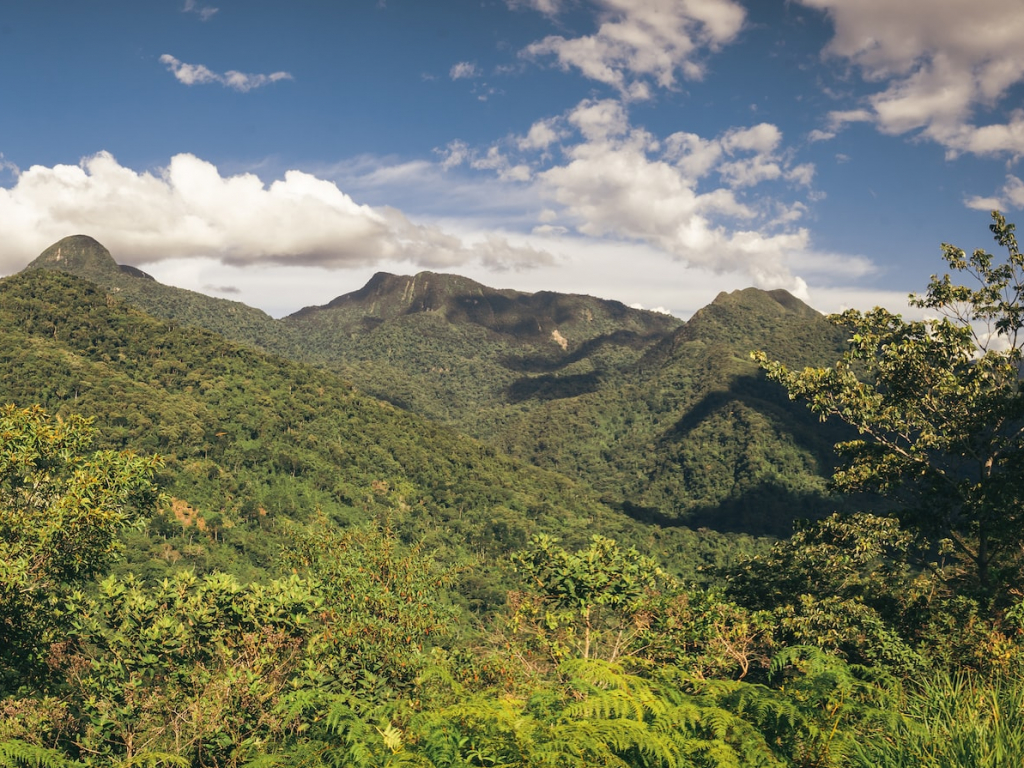
- A new study has concluded that any credible net zero pathway for Brazil must include the implementation of nature-based solutions.
- Actions such as halting deforestation and large-scale restoration of native vegetation would have immediate impact, at a fraction of the cost of carbon-negative technologies.
- However, stronger policy frameworks will be needed if nature-based solutions are to achieve their full potential in Brazil.
Without the implementation of nature-based solutions, in particular ending deforestation and restoring native vegetation, Brazil would jeopardise its Nationally Determined Contribution (NDC) pledges including achieving net zero GHG emissions by mid-century, according to research published from an international team led by the University of Oxford. The study also concluded that halting deforestation is the single most important mitigation measure Brazil can take towards net zero emissions by 2050 while preventing biodiversity loss.
The research team projected Brazil’s greenhouse gas (GHG) emissions up to 2050 under different policy scenarios through an integrated modelling approach. This compared the potential emissions reductions resulting from nature-based solutions (including large-scale restoration) against engineered solutions, such as bioenergy with carbon capture and storage (BECCS), besides their relative economic costs.
The results indicated that nature-based solutions could mitigate nearly 80% of Brazil’s net zero pledge and reduce 781 million tons of carbon dioxide (CO2) on average per year in Brazil during the next 30 years. Eliminating both legal and illegal deforestation and promoting large-scale restoration have the potential to keep Brazil on a clear path to net zero GHG emission by around 2040, without the need to deploy costly and not-yet mature negative emissions technologies.
Lead author of the study, Dr Aline Soterroni (The Agile Initiative, University of Oxford), said: ‘Deforestation control and native vegetation restoration are ready to be implemented immediately at relatively low cost when compared to engineered solutions such as BECCS. This gives Brazil a comparative advantage over other countries. It is also a triple-win situation because the careful implementation of nature-based solutions helps mitigate and adapt to climate change, curb biodiversity loss, and support the economy.’
Achieving this, however, would require national policies which go further than the current Forest Code for Brazil. The researchers found that implementing Brazil’s Forest Code without additional actions would bridge the gap to GHG emissions by 38% by 2050, falling far short of the net zero target.
Dr. Soterroni added: ‘While the implementation of the Forest Code is urgent and can enable Brazil to achieve and increase its short-term climate ambition, it won’t be enough to bridge the gap to net zero emissions by mid-century. The economic efforts required to go beyond the Forest Code would be at least three times less costly than the costs associated with BECCS whilst reducing the risks of harmful climate change impacts.’
Professor Roberto Schaeffer, professor of the Energy Planning Program (PPE) from the Universidade Federal do Rio de Janeiro and a co-author of the study, said: ‘Agriculture is the second-largest emitting sector in Brazil and is considered hard to abate. The country’s energy sector already has a significant share of renewables and its contribution to Brazil’s net zero ambition would heavily rely on BECCS. Nature-based solutions, in particular ending deforestation and restoring native vegetation, are the way to go here, as the deployment of negative emissions technologies will be too expensive and, more importantly, too risky, as these technologies have not been proven to work at scale yet.’
Ahead of the COP28 summit, the researchers are calling for nature-based solutions to be holistically represented in national climate pledges, including Brazil’s.
Professor Nathalie Seddon, professor of Biodiversity and founding director of the Agile Initiative, said: ‘There is a policy gap between current climate ambition and climate policy implementation in Brazil, driven by the conversion of carbon rich biodiverse native ecosystems. Brazil harbours around 20% of the world’s species, so ongoing ecosystem conversion threatens the integrity of the entire biosphere. It’s really important to support Brazil in its efforts to strengthen, apply, and go beyond existing laws to eliminate illegal and legal deforestation’.
According to the researchers, Brazil’s net zero plan should consider the urgency of halting deforestation, the need for scaling up investments in sustainable agricultural practices and renewable energy sources, the importance of promoting high-integrity projects to compensate for residual emissions, and the consistency with a just and equitable transition.


